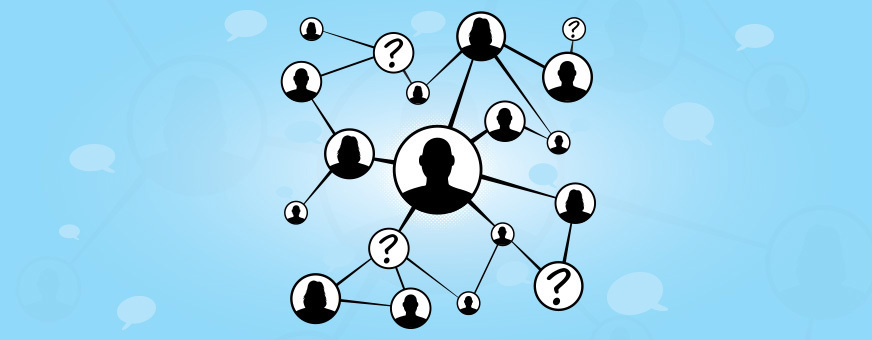 Understanding the difference between
celebrity endorsement and influencer marketing is very important when
developing a PR or social media campaign. You may tend to think that the two
are the same since they are all supposed to trigger people’s intent to buy a
product but that’s not it, the two are very different options for
marketers. Understanding the difference is pretty simple, think of the famous
people as celebrities and the others who command a huge social media following
as influencers. Celebrities use their
fame to get people thrilled about a brand while social media influencers create
buzz around a product on social media by using the product or just
displaying it casually in their content. Most marketers have over the years
used celebrity endorsement to generate public interest in a product or service
but as the marketing environment is changing, staying true to one marketing
strategy is getting hard. Here are
reasons why most marketers are abandoning traditional celebrity endorsement for
influencers
Understanding the difference between
celebrity endorsement and influencer marketing is very important when
developing a PR or social media campaign. You may tend to think that the two
are the same since they are all supposed to trigger people’s intent to buy a
product but that’s not it, the two are very different options for
marketers. Understanding the difference is pretty simple, think of the famous
people as celebrities and the others who command a huge social media following
as influencers. Celebrities use their
fame to get people thrilled about a brand while social media influencers create
buzz around a product on social media by using the product or just
displaying it casually in their content. Most marketers have over the years
used celebrity endorsement to generate public interest in a product or service
but as the marketing environment is changing, staying true to one marketing
strategy is getting hard. Here are
reasons why most marketers are abandoning traditional celebrity endorsement for
influencers
Audience
Relationships
Most celebrities do not have much of a
relationship with their fans as influencers do.
You may find influencers say vloggers initiating conversations, replying
to comments and answering questions from their followers on social media. Because
of this kind of back-and-forth exchanges they build a credible relationship
with their followers and they understand their needs and preferences. Getting
feedback is also easy.
Expertise
A
famous actor or singer doesn’t have to be an expert in dental health to endorse a certain brand of toothpaste but
top-notch influencers usually have expertise in the product they mention and
they have spent a lot of energy convincing their followers of their
specialization. For a startup focusing on a particular niche it would be
advisable to work with an influencer in the niche. Followers see influencers as reliable sources of
information since they perceive them as containing a purported expert level of knowledge
Content
creation
If you ask a celebrity to endorse your
brand, they will entirely depend on the message you give them but influencers are
generally specialists in content creation and they will come up with their own
content. You only need to give them
guidelines and give them a creative leeway, This means that they may even use
creative content delivery strategies that you may
not have thought of.
Cost
A one off celebrity endorsement may be
almost equal to the yearly marketing budget of a startup. But still big
companies throw huge amounts of money at celebrities hoping that some of their
fame will rub off on them but sometimes it back fires and the money just goes
to waste. Also for small startups, the price tag of getting a celebrity to
endorse your brand may be too high. Another issue with celebrity endorsement is
that the message comes across as forced and unauthentic and the audience is
sure that they got paid to endorse the product.
The bottom line here is; celebrity
endorsement and influencer marketing should be treated differently since they
entail different advantages and disadvantages and each produce different
results. Since the advent of social media, many people are spending quite a lot
of their time on social media and as marketer it is important to be where your
prospective buyers are. This is why influencer marketing has emerged as a
viable way of building a brands reputation today.










